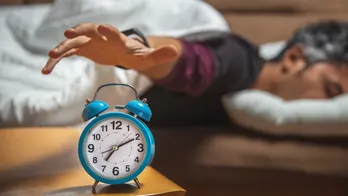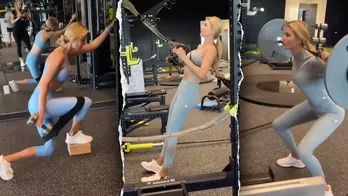After domestic abuse ends, the effects of brain injuries can persist
At least one in four women — and a much smaller proportion of men — experiences intimate partner violence in their lifetime. The resultant injuries, like brain trauma, can affect people for the rest of their lives.
Domestic violence often looks like repeated blows to the head or frequent strangulation, which hurt the brain triggering brain cells to die or by depriving it of oxygen. And when those incidents happen again and again, they can trigger a slew of other mental problems: PTSD, memory loss, difficulty thinking, and even dementia.
But historically, little is known about what exactly happens inside the brains of people dealing with domestic violence – and how these kinds of traumatic brain injuries may be different from those that come out of contact sports like football.
"We have heard several people make these comparisons and say, "Oh, well intimate partner violence is the female equivalent of football,'" says Kristen Dams-O'Connor, the director of the Brain Injury Research Center at Mount Sinai. "That seemed to be such an unbelievably dangerously off-base comment, but we couldn't know until we studied it."
Dams-O'Connor recently co-authored a paper looking at the brains from women in New York who had died with a documented history of intimate partner violence. They found that while there were some similarities between the women's brains and those of athletes, the women's brains had different signatures. The researchers hope to one day find a biomarker for brain injuries caused by intimate partner violence, which might then offer a way to detect and stop domestic violence before it causes a severe brain injury or death.
Questions? Email us at shortwave@npr.org.
Listen to Short Wave on Spotify, Apple Podcasts and Google Podcasts.
This episode was produced by Margaret Cirino and edited by Rebecca Ramirez. Jon Hamilton reported this episode and checked the facts. The audio engineer was David Greenburg.
Disclaimer: The copyright of this article belongs to the original author. Reposting this article is solely for the purpose of information dissemination and does not constitute any investment advice. If there is any infringement, please contact us immediately. We will make corrections or deletions as necessary. Thank you.







